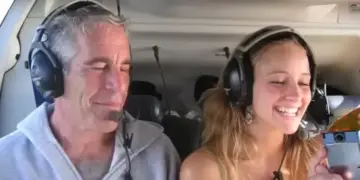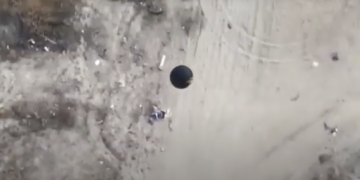Dreamworks founder Jeffrey Katzenberg is making a bold prediction about the future of animated films. He believes that generative artificial intelligence (AI) will revolutionize the industry and drastically reduce production costs. Speaking at the Bloomberg New Economy Summit in Singapore, Katzenberg emphasized the transformative potential of AI in the media and entertainment sector.
According to Katzenberg, AI will be embraced as a tool by creative individuals, leading to a significant shift in the way animated films are produced. He drew parallels to historical innovations such as the printing press and the movie camera, which expanded storytelling capabilities in unprecedented ways. With the introduction of digital technology in the past decade, the impact on media has been substantial, but Katzenberg believes that the next wave of change will be even more explosive.
The veteran studio executive pointed out that the media and entertainment industry will be among the most profoundly affected by AI. Specifically, he anticipates that the cost of producing animated films will plummet by as much as 90 percent. Dreamworks Animation, known for its successful franchises like “Shrek” and “How To Train Your Dragon,” could stand to benefit from this potential cost reduction.
Katzenberg offered insights into how AI could streamline and expedite the film production process. He explained that in the past, creating an animated movie involved the labor of hundreds of artists over several years. However, he anticipates that AI will drastically reduce the time and resources required to produce high-quality animated content. He suggested that in the near future, the production timeline for animated films could be a fraction of what it is today.
While AI is poised to revolutionize the production process, Katzenberg made it clear that the creative ideas behind animated films will still come from human creativity. He stressed the importance of individual creativity and emphasized that AI will not replace the role of artists and storytellers in generating original concepts.
Looking ahead, Katzenberg’s vision for the future of animated films is one of efficiency and accessibility. He envisions a landscape where AI technology empowers artists and filmmakers to bring their creative visions to life in a more cost-effective and time-efficient manner. By harnessing the potential of generative AI, the production of animated films could undergo a radical transformation, opening up new opportunities for storytelling and visual expression.
As the media and entertainment industry continues to evolve, the integration of AI tools like generative technology has the potential to reshape the landscape of animated filmmaking. Katzenberg’s optimistic outlook and predictions for the impact of AI on the industry signal a potential turning point in the way animated content is created and consumed. With the promise of reduced production costs and streamlined processes, the future of animated films looks increasingly dynamic and innovative.





























































